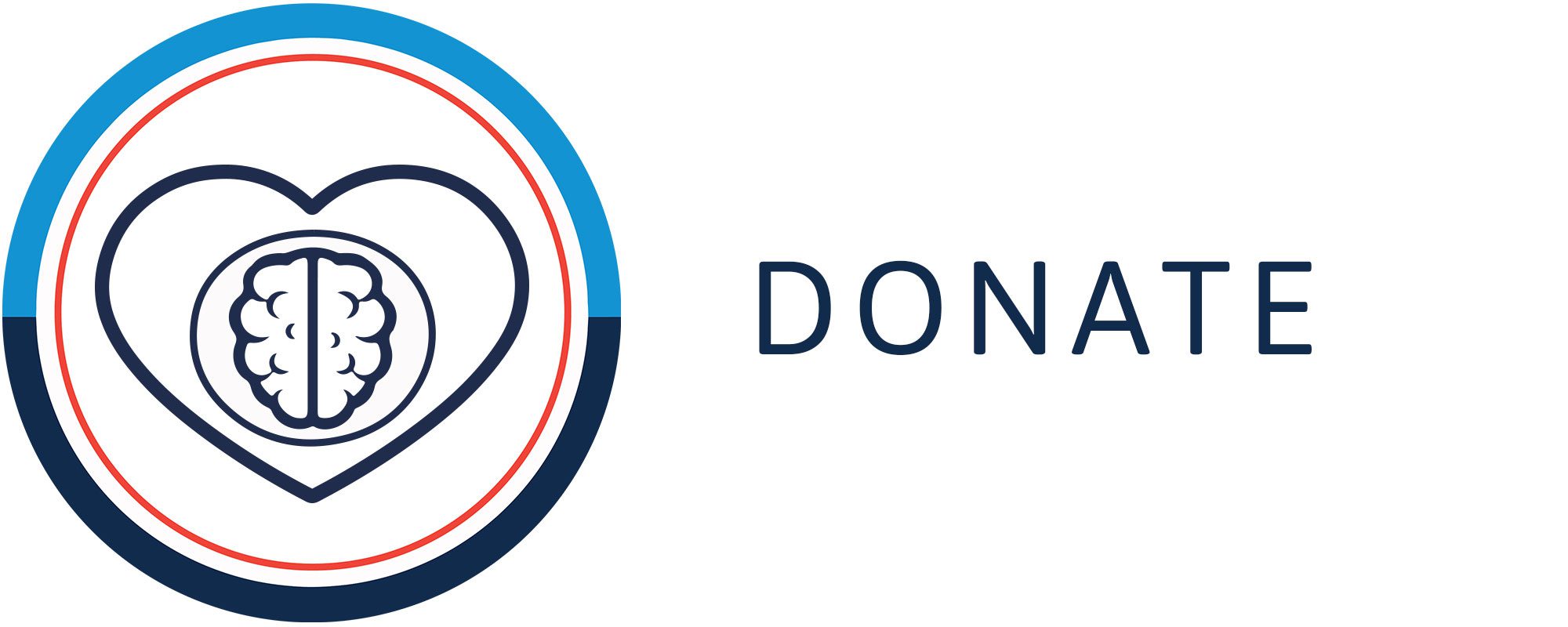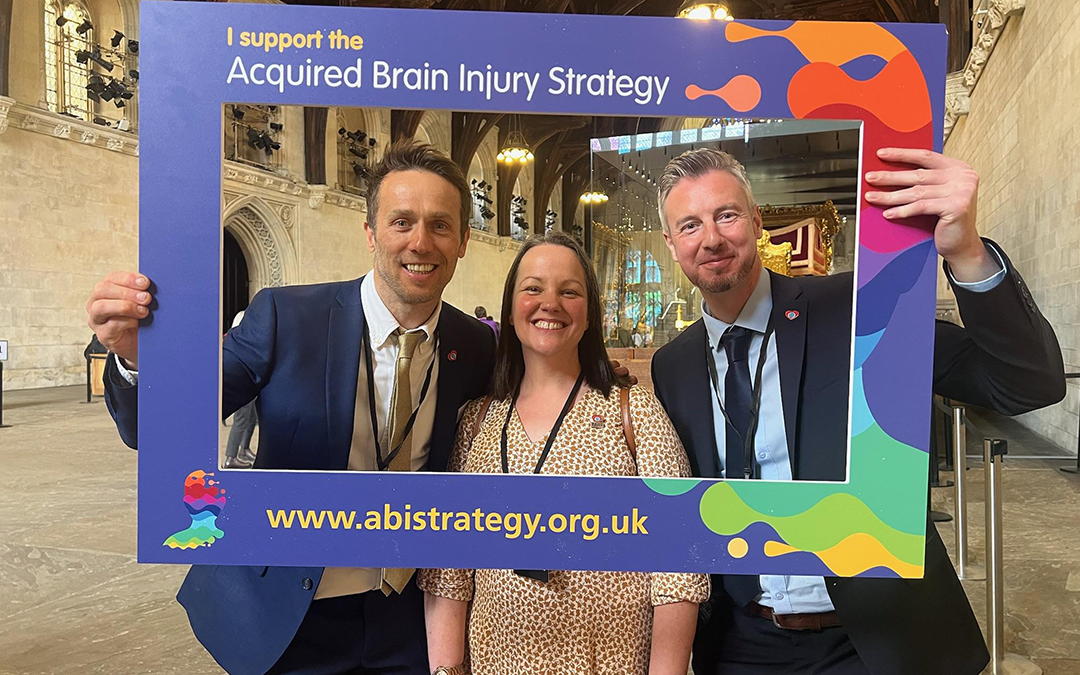In this “Returning to work after brain injury” blog I will cover:
● My work-life.
● My experiences of returning to work after brain injury.
● My advice for others.
I was sixteen years old when I started my apprenticeship at Humber Electrical Engineering Co Ltd. Full of energy and keen to learn, I had hope for the future.
I had fantastic mentors throughout my apprenticeship and had a wide variety of learning
experiences. All of this helped to develop my skills and build strong relationships between my colleagues.
When I qualified in the year 2000, I stayed at the company and worked my way up over the next 12 years to the role of foreman. During that time, I trained apprentices and managed up to 20 electricians on site. It was a lot of responsibility, but I loved it! My colleagues were like family as we worked day in, day out with each other. I was well paid and thought that would be my career for life.
Then, in 2012 I suffered a frontal lobe brain haemorrhage. Life after brain injury was very different. I was lost, confused and vulnerable. I couldn’t manage myself, never mind my team on site.

I started neurorehabilitation where I learnt strategies to help with cognitive and behavioural challenges. At this point, I was told that I would have a two-year recovery and there would be permanent damage. Despite this, I was keen to return to work after six months due to a lack of income, however I had limited insight which didn’t enable me to recognise my vulnerability.
My neuropsychologist told me that I would struggle with fatigue and basic tasks, advising me not to return to work too early. She also mentioned that there were no guarantees that I would go back to my old role, even after the two-year recovery.
Unsure that I could manage with work, I persisted regardless. I felt desperate to prove to myself and others that I was capable. Fortunately, I had a good relationship with my manager, and we organised my return to work for one day a week. There was no pressure, my brother worked for the same company, so I worked alongside him. All my colleagues were very supportive.

Despite the support, I returned to work too early! I hadn’t anticipated the busy working environment. The noise was frightening and there were far too many stimuli for me to process. I suffered from sensory overload. I felt stressed and struggled with basic tasks because my memory and cognitive skills were so poor. Work life exposed my vulnerabilities, and my low self-esteem was hit hard!
I wouldn’t have managed without my colleagues “looking out” for me. They used humour to cover up my mistakes and slowness which was nice of them, but it hurt. It hurt a lot. The realisation I had gone from the strongest to the weakest link was demoralising. None of this was good for my recovery and mental health. With hindsight, it didn’t help that my colleagues never had any knowledge of supporting someone with a brain injury.
My advice for anyone returning to work after brain injury:
● Do NOT go back too early. I can’t stress this enough. It’s such a big step! Make sure all your support team agree that you’re ready to return before doing so.
● When you think you’re ready and if you have the opportunity, I recommend going for half a day to see how the environment makes you feel before making a commitment to return. Being honest with yourself and your employer about this experience is of the utmost importance.
● Make sure you have a phased return with a reduced workload which is measured and recorded adequately. Being honest with yourself and your employer about how you’re managing and performing is crucial before increasing your workload and hours.
● Make sure you factor in regular breaks throughout the day to help reduce fatigue.
● Ask your employer if your colleagues can be given information about supporting someone with ABI (Acquired Brain Injury). P.A.U.L For Brain Recovery has “Awareness Of ABI” training.
● Don’t compare yourself to how you performed at work pre-injury. This will not help your self-esteem, function, or recovery. Always be kind to yourself.
● Communication is key. Reach out for support if you need it! Talking to your manager or colleagues about how you’re feeling and managing is crucial. A brain injury can leave you with invisible challenges. If you don’t tell people how you’re feeling or coping, then they won’t understand, and they cannot help you.
● If you have started to use compensatory strategies to help you with everyday tasks, then don’t be afraid to use them in your workplace. This can help to promote understanding of your challenges and will give you the best chance of success.
● Maintaining healthy lifestyle choices and self-care activities during your recovery will help with your function and performance. If you want to give yourself the best chance when returning to work, then make your health a priority.
If you return to work and are successful that’s fantastic. All the very best!
If you return to work and are unable to do your job then all is not lost!
I had some cognitive tests done with my neuropsychologist at the two year stage of brain recovery. They showed that key attributes I needed for my role at work were impaired and not likely to get better. I was advised to leave. Initially I was heartbroken, but knew it was the right decision to leave.
I set about developing the charity (something I knew nothing about). Having to learn new skills, develop knowledge and work in different environments was incredibly challenging! Determined to succeed I was persistent and found hidden depths of strength and ability I never knew I had.
This along with support from my peers has helped me find my purpose and establish a new career.

For more information about returning to work after brain injury or services at P.A.U.L For Brain Recovery please visit –
www.paulforbrainrecovery.co.uk
Best wishes,
Paul




